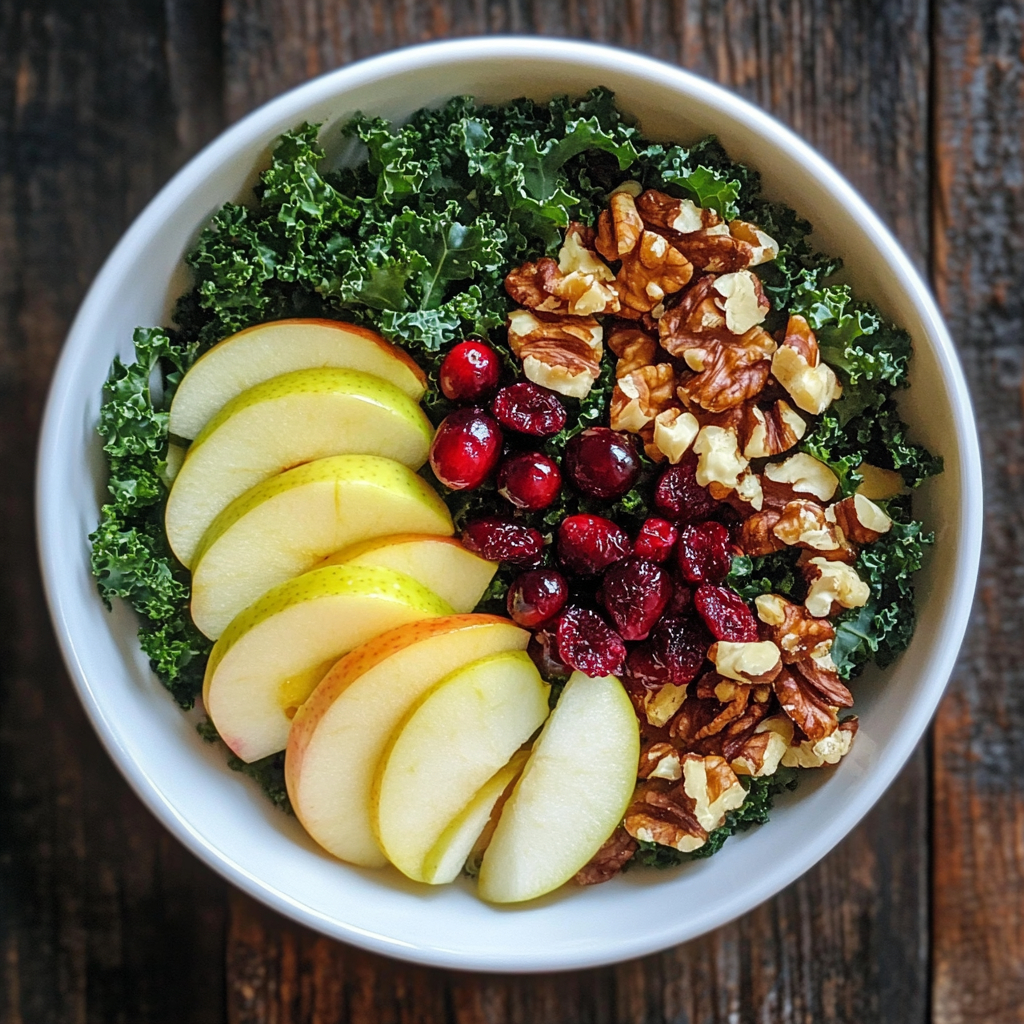Are Edibles Bad for the Kidneys? A Comprehensive Guide
Cannabis edibles have grown in popularity as a discreet and smoke-free way to enjoy cannabis. However, there are growing concerns about their potential impact on various organs, particularly the kidneys. In this article, we explore whether edibles are bad for the kidneys, their effects on renal health, and steps to consume them responsibly.
Understanding Cannabis Edibles
Cannabis edibles are food products infused with cannabis compounds such as THC (tetrahydrocannabinol) and CBD (cannabidiol). Unlike smoking or vaping, edibles are absorbed through the digestive system, resulting in a slower onset but longer-lasting effects.
Common Types of Edibles
- Brownies and baked goods
- Gummies and candies
- Drinks and teas
- Capsules and tinctures
While edibles provide an alternative for those avoiding inhalation, their delayed effects may lead to overconsumption. This raises questions about their safety, particularly their impact on sensitive organs like the kidneys.
The Kidneys and Their Function
The kidneys play a vital role in maintaining overall health by:
- Filtering waste and toxins from the blood.
- Regulating electrolyte levels.
- Balancing fluids in the body.
- Producing hormones that support blood pressure and bone health.
Any substance that affects these functions can have a long-term impact on kidney health. This is why it’s essential to assess whether edibles are bad for the kidneys.
How Cannabis Affects the Kidneys
Current research on the effects of cannabis, including edibles, on the kidneys is limited but evolving. Here’s what we know:
Potential Risks
- Increased Blood Pressure: THC in edibles can temporarily raise blood pressure, which may strain the kidneys in individuals with pre-existing conditions.
- Dehydration: Cannabis use, including edibles, may cause dry mouth and lead to dehydration, which can affect kidney function.
- Increased Toxin Load: Edibles are metabolized by the liver and kidneys, which may increase the workload on these organs.
Potential Benefits
- Anti-inflammatory Properties: CBD, a common component of cannabis, has shown potential anti-inflammatory effects, which may support kidney health in some conditions.
- Pain Management: Edibles may help manage chronic pain associated with kidney diseases.
Are Edibles Bad for the Kidneys? Research Insights
Lack of Comprehensive Studies
There is no conclusive evidence that cannabis edibles directly harm the kidneys. However, studies suggest that THC may interact with kidney functions, particularly in individuals with pre-existing kidney diseases.
Case Reports
- A few case reports have linked cannabis use to acute kidney injury, often in cases of dehydration or excessive use.
- Chronic use may exacerbate kidney conditions, especially in those predisposed to renal diseases.
CBD and Kidney Health
CBD appears to have a less significant impact on the kidneys. Its anti-inflammatory and analgesic properties may even benefit certain conditions, such as chronic kidney disease (CKD).
Edibles vs. Other Forms of Cannabis: What’s Safer?
Edibles
- Pros: No inhalation, long-lasting effects, discreet use.
- Cons: Delayed onset may lead to overconsumption, higher risk of dehydration.
Smoking/Vaping
- Pros: Immediate effects, easier to control dosage.
- Cons: May introduce toxins into the bloodstream that can affect kidney health.
Edibles, while convenient, may pose unique risks, prompting the question: are edibles bad for the kidneys?
Signs of Kidney Distress from Edibles
If you’re concerned about how edibles affect your kidneys, watch for the following signs:
- Persistent dehydration or extreme thirst.
- Reduced urine output or changes in urine color.
- Swelling in the legs or face due to fluid retention.
- Fatigue, nausea, or general weakness.
If you notice any of these symptoms, consult a healthcare professional immediately.
Who Should Avoid Edibles?
Certain groups are more vulnerable to potential kidney-related complications from edibles:
- Individuals with chronic kidney disease (CKD).
- Those with a history of kidney stones or urinary tract issues.
- People with high blood pressure or diabetes, as these conditions increase the risk of kidney damage.
How to Consume Edibles Responsibly
To minimize risks and maximize benefits, follow these guidelines:
1. Stay Hydrated
Drink plenty of water before and after consuming edibles to reduce the risk of dehydration, which can stress the kidneys.
2. Start with a Low Dose
Avoid overloading your system with THC or CBD. Start with a low dose and wait for the effects before consuming more.
3. Choose High-Quality Products
Select edibles from reputable manufacturers that clearly label THC and CBD content. Avoid products with excessive artificial ingredients, as these can add strain to the kidneys.
4. Monitor Your Body’s Response
Keep track of how your body reacts to edibles, particularly in terms of hydration and overall health.
Legal and Safety Considerations
- Know Your Local Laws: Ensure cannabis is legal in your area before purchasing or consuming edibles.
- Store Safely: Keep edibles out of reach of children and pets to prevent accidental ingestion.
- Consult Your Doctor: If you have a pre-existing kidney condition or are taking medications, discuss cannabis use with your healthcare provider.
Frequently Asked Questions
1. Are edibles bad for the kidneys in healthy individuals?
In general, edibles are unlikely to harm healthy kidneys when consumed in moderation. However, overuse or dehydration can stress renal functions.
2. Can edibles worsen kidney diseases?
Individuals with kidney diseases should exercise caution. THC may increase the workload on the kidneys, while dehydration can worsen symptoms.
3. How can I reduce the risk of kidney problems from edibles?
Stay hydrated, start with a low dose, and avoid overconsumption. Choosing edibles with lower THC content or higher CBD ratios may also reduce risks.
Final Thoughts
The question, are edibles bad for the kidneys, does not have a simple yes or no answer. For healthy individuals, occasional and moderate use is unlikely to cause harm. However, people with pre-existing kidney conditions or those prone to dehydration should be cautious. By understanding the potential risks and benefits, you can enjoy edibles responsibly and reduce the likelihood of adverse effects.
Are Edibles Bad for the Kidneys?
Cannabis edibles are a popular choice for consuming marijuana due to their discreet and flavorful nature. However, questions about their impact on kidney health have surfaced. This article explores whether consuming edibles could affect kidney function, with evidence-based insights and expert recommendations.
How Do Edibles Work in the Body?
Edibles are absorbed through the digestive system and metabolized by the liver before entering the bloodstream. Unlike smoking cannabis, which delivers THC almost instantly, edibles take longer to produce effects but tend to last longer.
For those interested in enhancing edible recipes, explore our guide on baking with weed. Additionally, learn about different strains for weed brownies to create tailored experiences.
Potential Risks of Edibles for Kidneys
While no conclusive evidence links cannabis edibles to kidney damage, excessive consumption may stress the kidneys due to metabolic byproducts. People with pre-existing kidney conditions should approach edibles with caution. Understanding the effects of ingredients like cannabutter or infused oils is crucial for making informed decisions.
To improve the safety and flavor of edibles, check out our article on jazzing up brownie recipes.
What Experts Say
Insights from Studies
- Limited Evidence: Research is ongoing, but current findings suggest no significant risk to healthy kidneys from moderate cannabis use.
- Hydration and Moderation: Staying hydrated and consuming edibles in moderation can help minimize potential risks.
Trusted External Resources
- Cannabis and Kidney Function – National Institutes of Health
- Marijuana and Chronic Kidney Disease – Healthline
- Cannabis Use and Health – Cannabis Info
Tips for Responsible Consumption
- Start Low and Go Slow: Especially for individuals new to edibles or with health concerns.
- Consult a Doctor: If you have pre-existing kidney conditions, consult a healthcare provider before consuming cannabis edibles.
- Hydration: Drinking plenty of water helps maintain kidney health and supports metabolic functions.
Conclusion
While edibles are generally considered safe for most individuals, people with kidney concerns should approach them cautiously. Staying informed and practicing moderation ensures a balanced experience. With the right strain and preparation techniques, edibles can be a safe and enjoyable way to consume cannabis.
FAQs:
1. Are edibles bad for the kidneys in healthy individuals?
In healthy individuals, consuming cannabis edibles in moderation is generally considered safe. Current research has not found direct evidence linking cannabis use to kidney damage in people without pre-existing conditions. However, excessive consumption of edibles, particularly those containing high levels of sugar, fat, or artificial ingredients, could indirectly impact overall health, which might include kidney function. The body processes THC and other cannabinoids through the liver, producing byproducts that are eventually excreted by the kidneys. For healthy individuals, these processes typically pose no significant risk.
Recommendation: If you are healthy, practice moderation and opt for edibles made with high-quality, natural ingredients to minimize potential long-term effects.
2. Can edibles worsen kidney diseases?
For individuals with pre-existing kidney diseases, edibles may pose more risks. Cannabinoids like THC and CBD are metabolized in the liver, and their byproducts are filtered out by the kidneys. In people with compromised kidney function, this filtration process might be less efficient, potentially leading to the accumulation of waste products or placing additional stress on the kidneys. Additionally, the high sugar and fat content in some edibles may exacerbate other health issues that indirectly affect kidney health, such as diabetes or hypertension.
Recommendation: Consult a healthcare provider before consuming edibles if you have a kidney condition. They can help assess the safety and recommend alternative consumption methods if needed.
3. How can I reduce the risk of kidney problems from edibles?
Reducing the risk of kidney problems from edibles involves careful consideration of the type and quantity of edibles consumed. Here are some steps to minimize risks:
- Moderation: Stick to low doses of THC and CBD to avoid overburdening your system.
- Hydration: Drink plenty of water to support kidney function and flush out waste products effectively.
- Choose Healthy Edibles: Opt for edibles made with natural, low-sugar, and low-fat ingredients.
- Monitor Health: Regularly check kidney function if you consume edibles frequently, especially if you have any underlying conditions.
Recommendation: Taking these precautions ensures that your kidneys remain healthy while enjoying the benefits of cannabis edibles. Always prioritize quality over quantity and consider consulting a doctor if in doubt.





